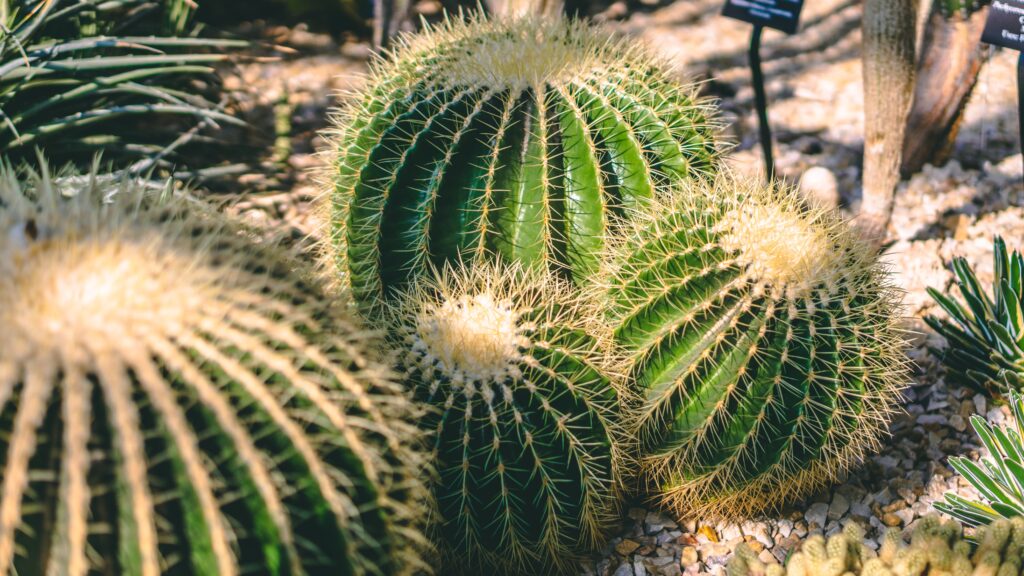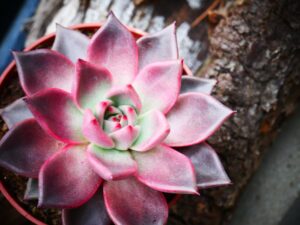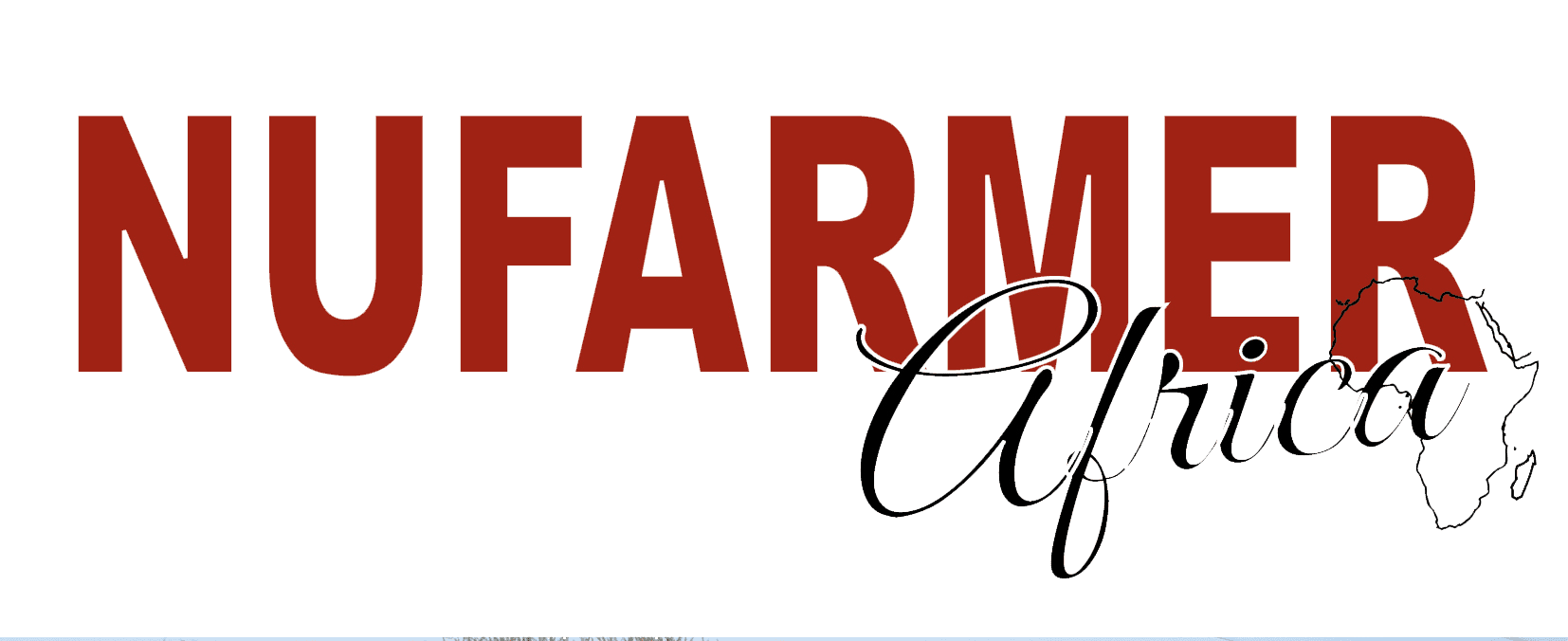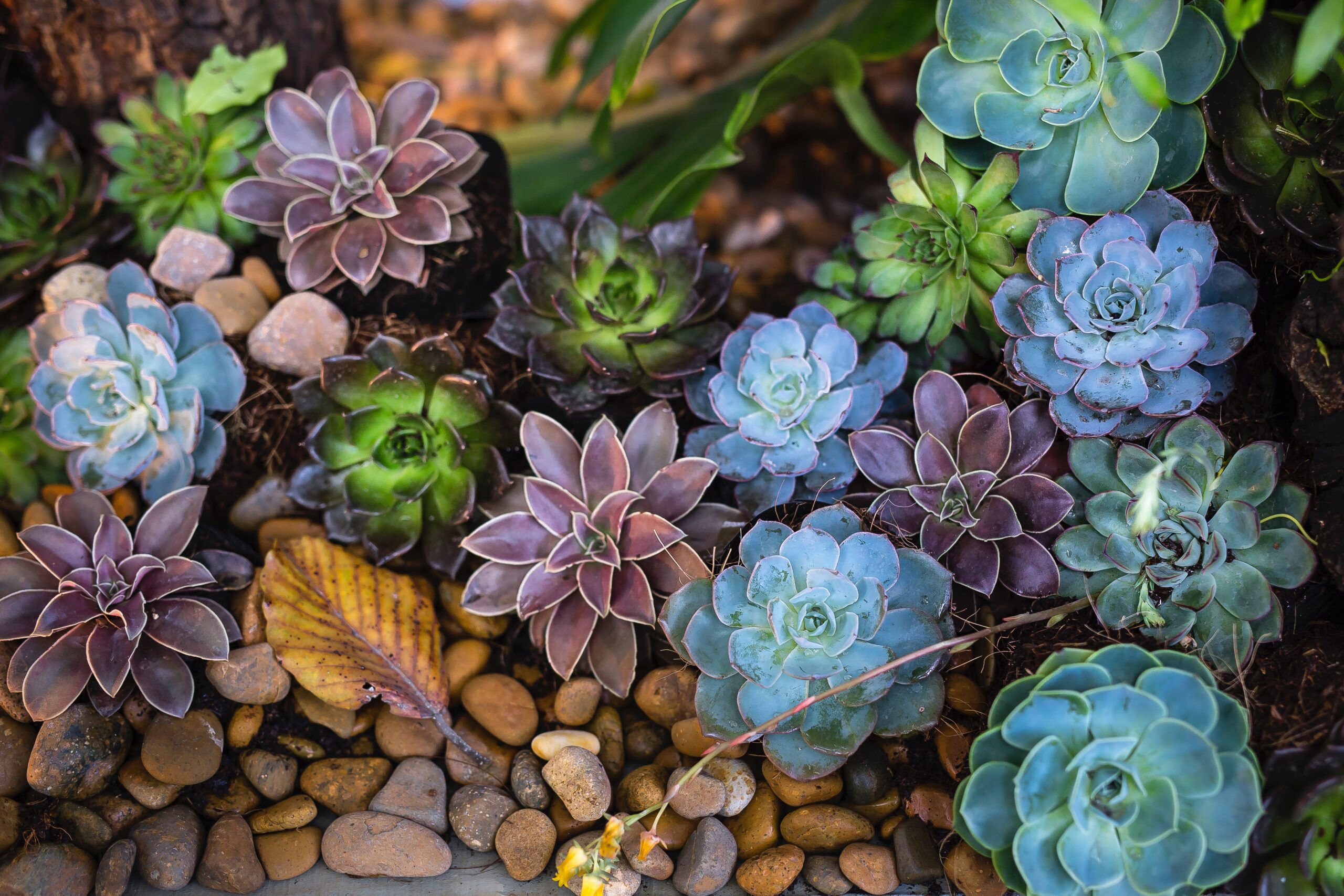Economic Hardships and the Lure of Illegal Trade
Imagine living in a remote, economically depressed community on the edge of the Namaqua National Park or the Knersvlakte Nature Reserve in the Northern Cape, where the succulents in this region known as the Succulent Karoo are hot property in the illegal international plant trade.

In this arid region, many people are unemployed and rely on grants or do seasonal work. Some of the younger people work on the mines, and older people farm with small numbers of sheep and goats on land restituted through the land reform programme.
When each month is a struggle to make ends meet, it comes as no surprise that the illegal collection and trade of the prized succulent plants here has become a major problem. There is a massive market for the succulents, mainly in Asia and also in Europe, where they are used largely for ornamental purposes. And the trade is escalating, exacerbated by the shortage of environmental officers, monitoring, and law enforcement.
Combating Illegal Succulent Trade with Socio-Economic Solutions
‘To address this problem at a socio-economic level, a WWF Green Trust-supported project in partnership with South African National Parks (SANParks) and CapeNature is looking at interventions and opportunities together with eight of the local communities,’ says Tobie Badenhorst, Head of Group Sponsorships and Cause Marketing of a financial institution. ‘The aim is to increase employment, boost small, medium and microenterprise (SMME) development and include communities in legally benefitting from the region’s wealth of natural resources.’
The project, titled Building local community capacity and sustainable livelihoods, is being piloted in the Namaqua National Park (Namaqua) in the Namaqualand region and the Knersvlakte Nature Reserve (Knersvlakte) near Vanrhynsdorp on the West Coast and in their neighbouring communities.
The project is working with the following communities neighbouring the two pilot sites: Kamieskroon; Hondeklipbaai, Soebatsfontein and Komaggas in Namaqua, and Nuwerus and Kliprand in Knersvlakte. All the communities are based inland except Hondeklipbaai which is on the coast.
The project will leverage resources through partnerships with government and civil society to facilitate a number of livelihood opportunities, including appointing and training environmental monitors, field rangers and environmental education field officers for Namaqua and Knersvlakte, exploring opportunities in the bio-prospecting sector for natural resources that could be developed into commercial products for the agricultural, aquaculture, bioremediation, cosmetics and pharmaceutical industries.
Training and Support Services Provided to Communities

Also, training is provided for community members to contribute support services in Namaqua and Knersvlakte. This will include work in infrastructure maintenance, such as road maintenance, the renovation or construction of staff or tourism, fence erection and maintenance, marking out and maintaining hiking trails; erosion control, land rehabilitation and the removal of alien plant species.
Providing training and resources for the establishment and maintenance of vegetable gardens, improved livestock management, and access to land for grazing is also offered. Most of the sheep and goat farmers know the value of the environment and what it means to them as it supports their livelihoods.
Focus on Sustainable Farming and Environmental Conservation
There is increased interest in sustainable farming among these farmers as they have noticed that those participating in our sustainable farming projects are producing healthier animals and therefore achieving increased profits when they are sold.
Project Timeline and Future Goals
The project is now in its second year, and will be funded until February 2025. It tends to make significant progress with these communities by then, which will hopefully be accompanied by a decrease in the illegal trade of succulents. WWF

